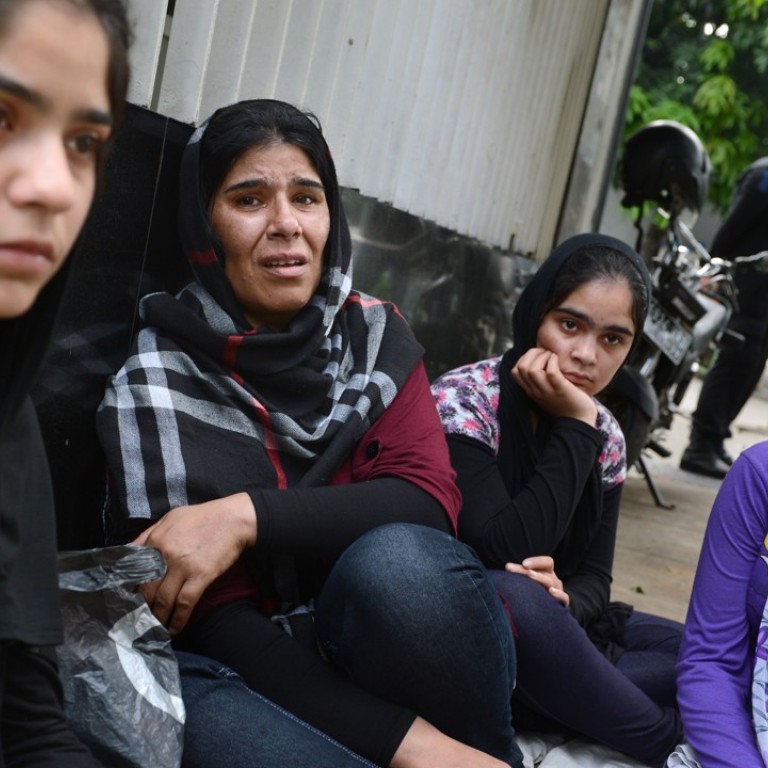
Rohingya or Afghan? In Indonesia, a tale of two refugee groups
Indonesia treats its 14,000 refugees relatively benignly, but as countries such as the US restrict their intake, the wait for a new life only increases. And as resettlement opportunities shrink, conditions get worse
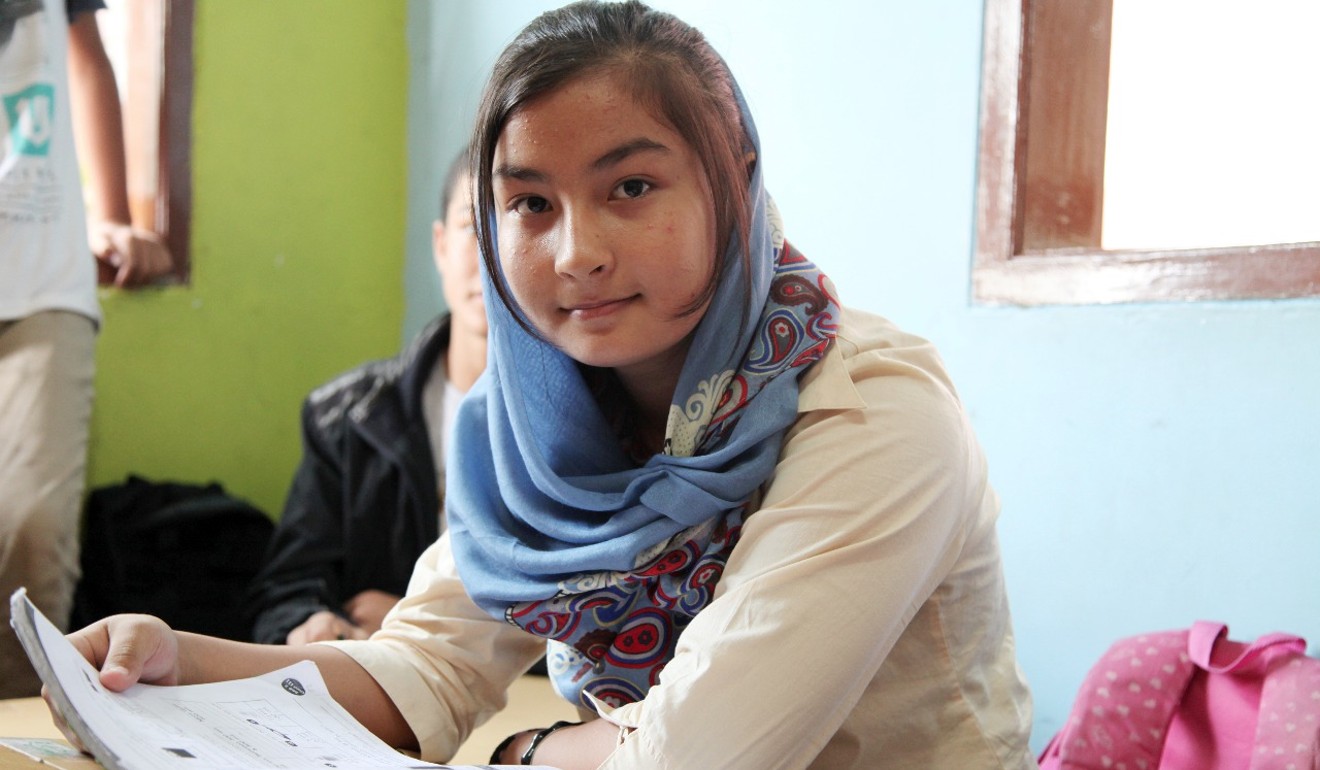
Why do China, India back Myanmar over the Rohingya crisis?
“Their conditions are getting worse as their resettlement opportunities shrink,” says Febi Yonesta, director of refugee advocacy group, Suarka.
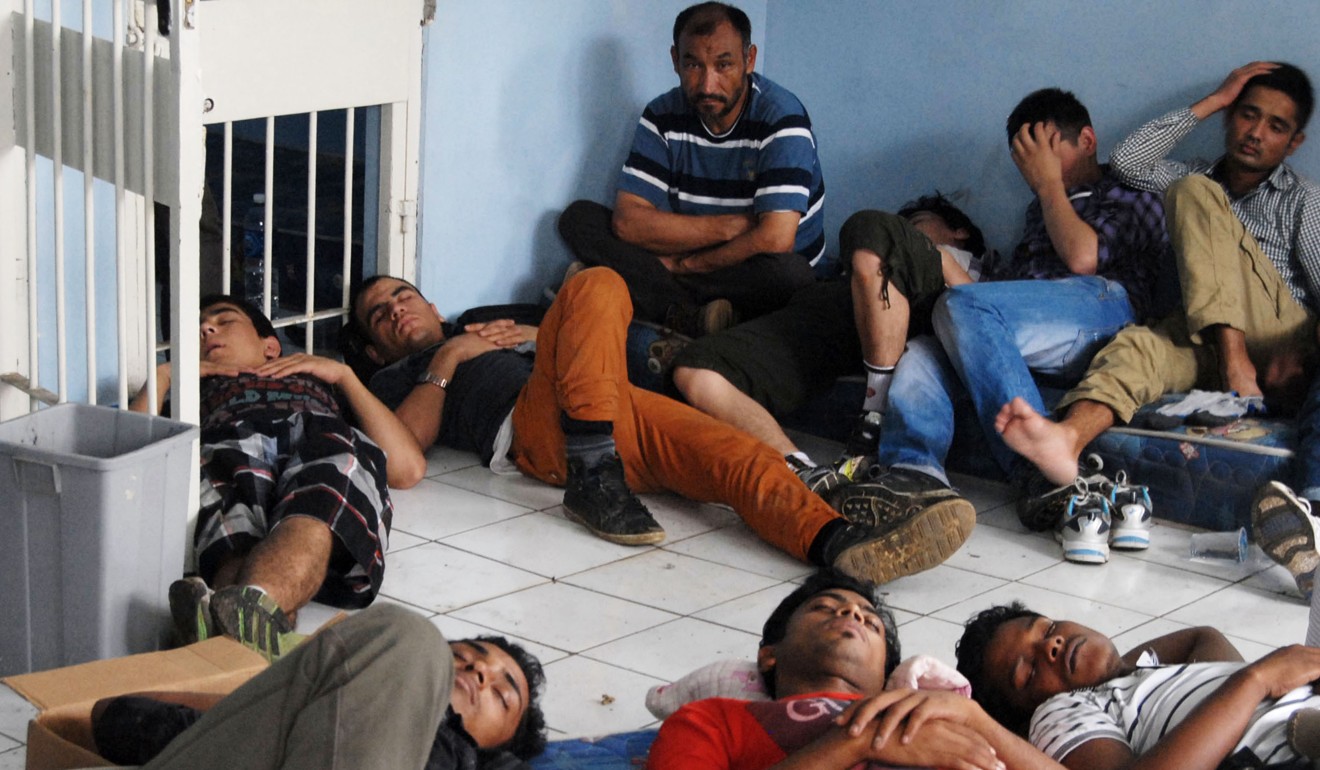
Western criticism of Suu Kyi won’t help Myanmar – will China’s UN intervention?
Legally speaking, Hania’s school should not have been set up. Refugees may not engage in any activity, even volunteer work. Yet there is enough wiggle room for authorities to turn a blind eye.
The school was set up in 2014 with help from foreign donations and now caters to refugee children from Pakistan, Iraq, Afghanistan and elsewhere.
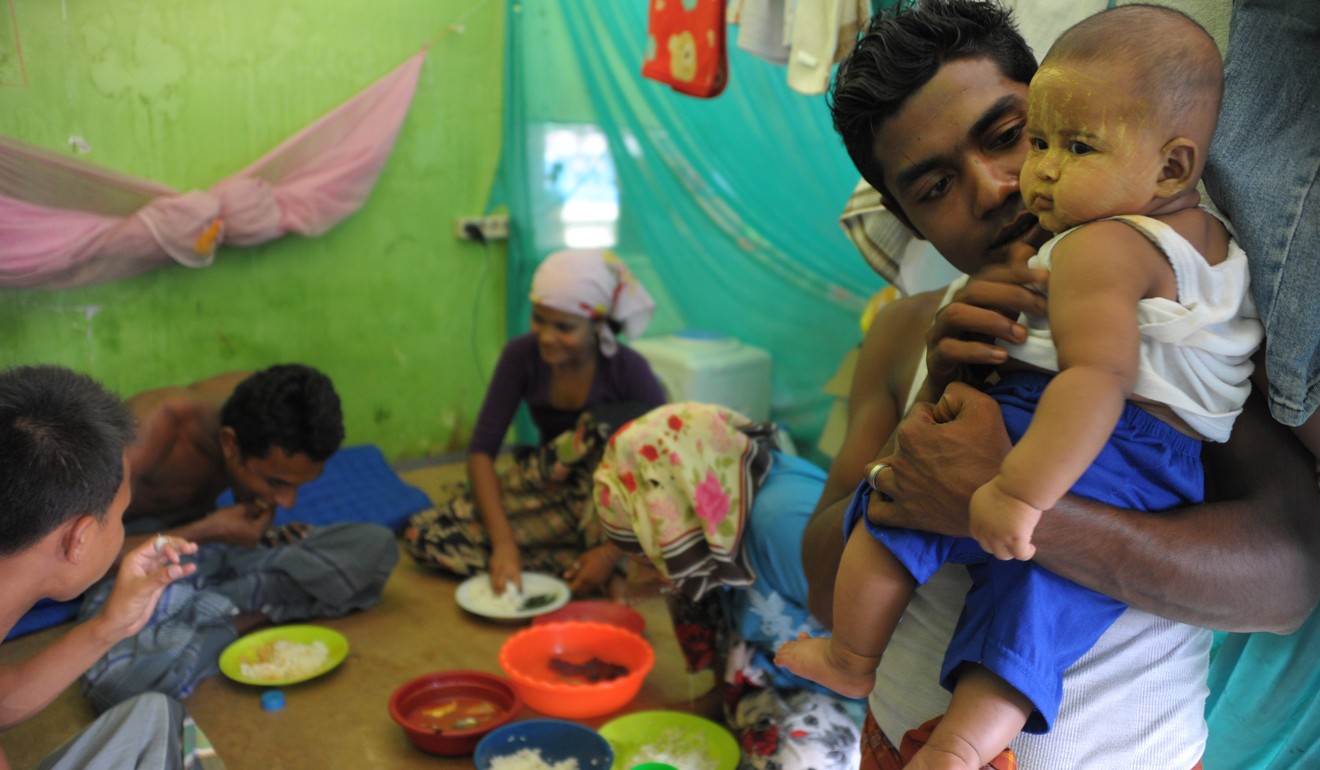
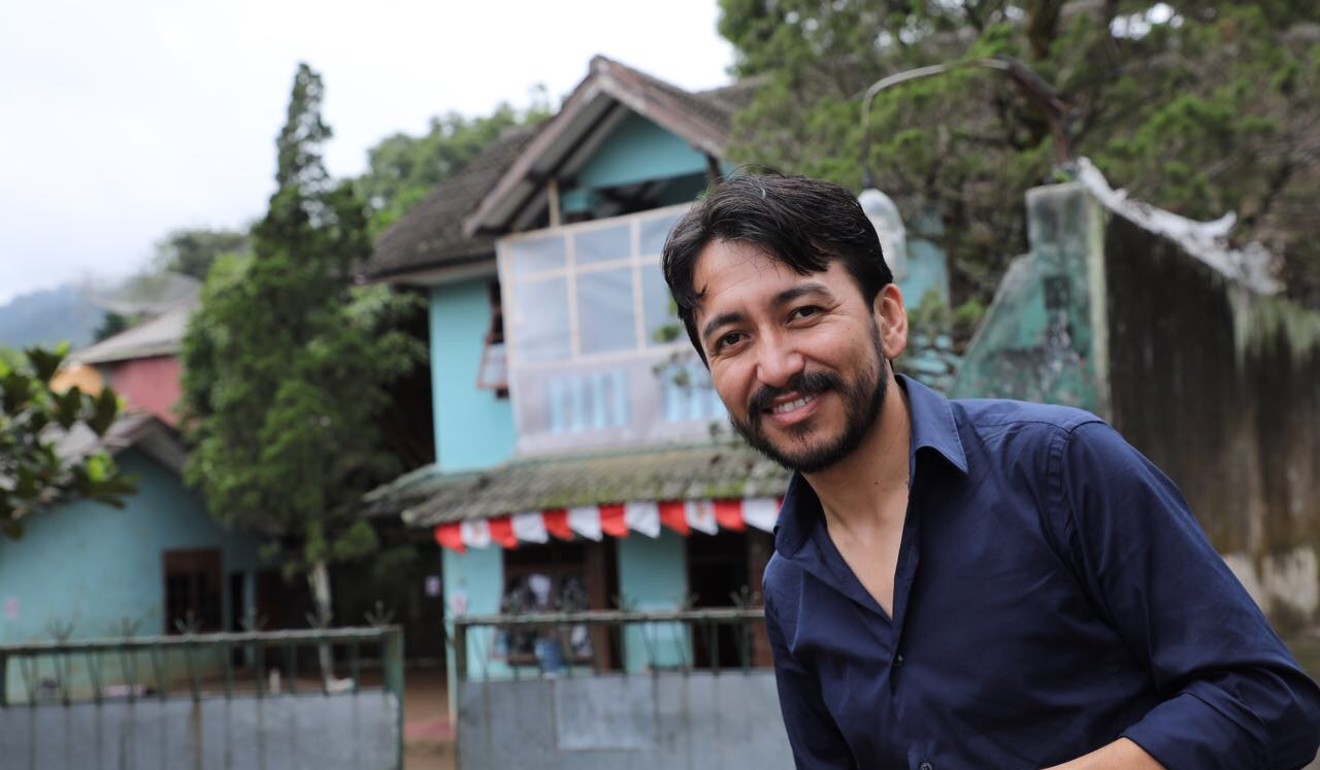
And while the mood at the school is generally light (and loud), the talk of what comes next is never far away.
Afzal Hamazie, 14, a future civil engineer, by his reckoning, takes his time to ponder his newly honed English skills, only occasionally looking to Khalil for reassurance. “I want to go to Melbourne,” says Afzal. “A lot of my friends went there.”
Tibetans to Sri Lankans, India welcomed all. Why not Rohingya Muslims?
Not all Indonesian communities are as tolerant. The thousand or so Rohingya refugees who have streamed into northern Sumatra since ethnic cleansing in Myanmar accelerated have been barred from setting up similar schools. Rohingya who have married locals have been told they may not stay. More than 4,000 migrants deemed illegal are detained in prisons. In Cisarua the mood is different. Khalil says four of the school’s male teachers will join a local soccer team to compete in a tournament this month. But the friendliness only goes so far to mitigate the stress of a life on hold. “The problem is my status,” Khalil explains. “When you don’t work it’s frustrating. My future is unknown.” ■

